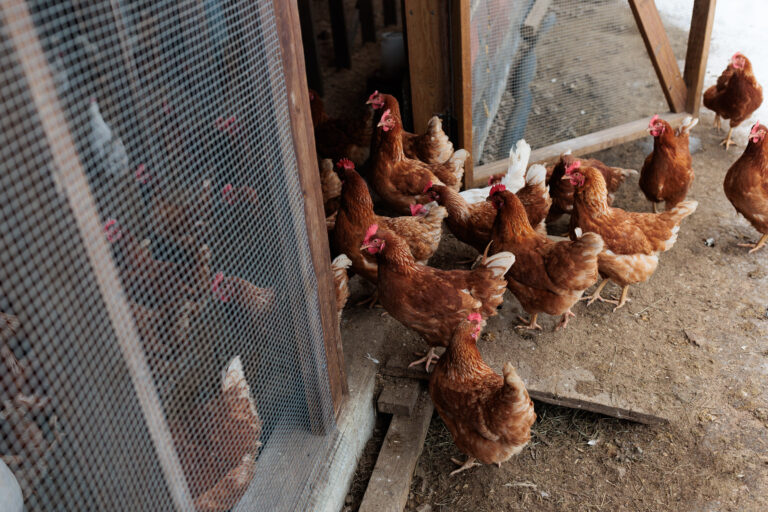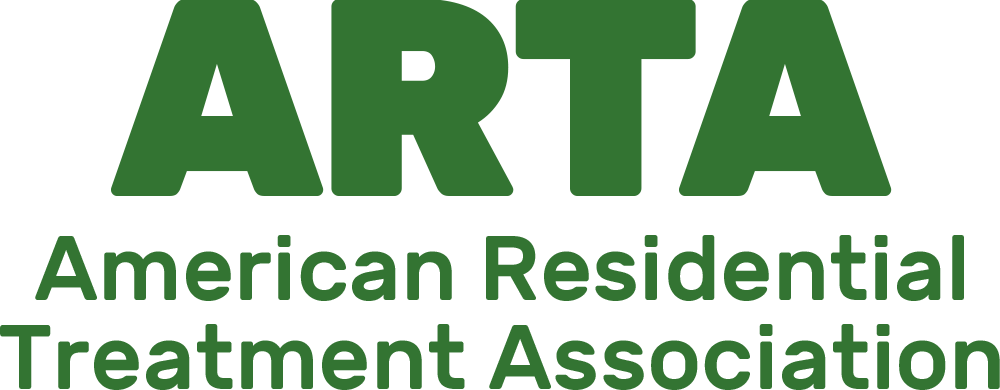The admissions team often tells me how important one on one therapy is for both families and for individual residents. Group therapy is often seen as a thrifty way to “give” more people at least a sliver of a therapist’s time, definitely inferior to the prized individual work. And milieu therapy? A poor third.
Why is this limited concept so common? I think it’s because, in our culture, therapy is seen, like formal education, as a means of production, with the product being a well-wrapped and cheerful worker.
I would like to offer a different point of view.
I’ll start with a definition of an important word that has deepened our understanding of how our nervous systems work: Coregulation. This word started as a description of the interaction between a mother and her baby. Newborns don’t distinguish between inside and outside. If they are uncomfortable- hunger, colic, loud noise, whatever- their autonomic nervous system goes into tilt, and correcting the cause is not enough to bring them back to equilibrium- parents pat and rub backs, sing, hold them close, baby talk to them, until they stop arching and lose their muscle tension and mold to Mommy. This idea that the mother lends her soothing skills to the infant is called coregulation. And you better believe her own nervous system is needing soothing too, and the relief is mutual.
This conversation between one person’s nervous system and another’s doesn’t go away as we develop, although much of it takes place outside of the world of words. We all coregulate each other all the time- make eye contact, laugh at each other’s corny jokes, join in a song, smile and nod at a stranger in the supermarket. Under reasonable conditions, this leads to comfortable membership in community by adulthood.
Lots can interfere with steady progression. One full term baby in eleven is born with a “hair-trigger” autonomic nervous system- this predicts a lifetime of being hard to soothe and leads to avoidance of changes and adventures. We are finding out more every year about many sensory disorders and learning differences which become apparent very early. You can even be born with an “average” nervous system which then doesn’t mature normally because of danger, neglect, or lack of coregulation at a critical stage. This then impairs learning SELF-regulation, or self-soothing.
What does this have to do with types of therapy? Many people have not learned well to read their own body signals, sort out danger, or restore their own nervous system to a calm state after being startled. This inability to regulate their arousal state leads to a large array of behaviors over time that have been organized into “diagnoses”: ADHD, Bipolar Affective Disorder, substance abuse, learning disabilities, conduct disorders. And here we are…
The problem with pure TALK therapy is that its strength is getting the frontal and prefrontal lobes (the logical, purpose-generating part of the brain) firmly in the driver’s seat- a worthy goal but less likely to be effective if the non-verbal, brainstem centers are so chronically hyper-aroused that nothing connects. The most effective talk therapy gets a “conversation” going between the frontal lobes and the brainstem regulators of affect, safety, attention, connection- all functions that are mostly nonverbal at the base, and only get language “wrapped around them” later on.
Intelligent, highly verbal people are attracted to language- based therapy without getting the importance of building the non-verbal foundations that make it effective. Think of all the jokes made about endless therapy! Think of all the therapy failures – e.g., “I saw her for months and it didn’t work…”
Milieu therapy, which is EVERYTHING done at the Ranch- work, nutrition, the side by side “befriending”, recovery work, is coregulation training likely to make future individual therapy more useful.




